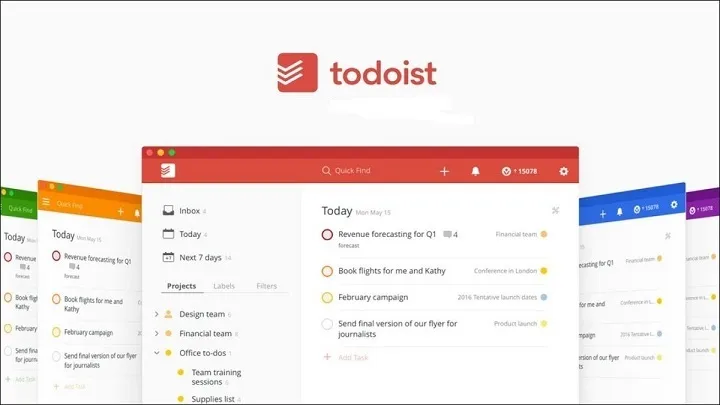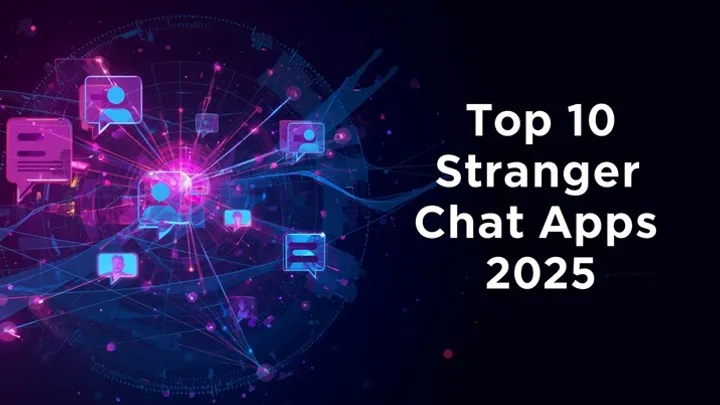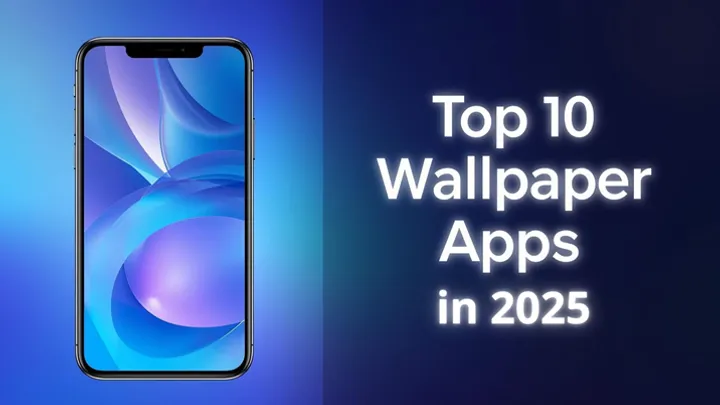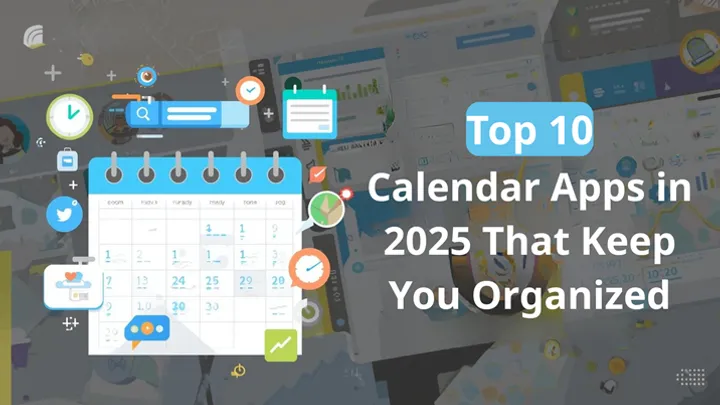Introduction
In 2025, managing personal coding resources—such as code snippets, tutorials, documentation, and project notes—has become essential for developers to stay efficient amid rapidly evolving tech stacks. With over 70% of developers using multiple tools for productivity, per Stack Overflow surveys, these apps help centralize bookmarks, snippets, and knowledge bases, reducing context-switching time by up to 40%. They support features like syntax highlighting, searchability, and integrations with IDEs like VS Code, making them ideal for solo devs, students, and teams handling languages from Python to JavaScript.
This article ranks the top 7 apps for managing personal coding resources—Notion, Obsidian, Raindrop.io, Pieces for Developers, Todoist, Evernote, and DevDocs—based on usability, organization features, and reviews from sources like Index.dev, Clockify, and Codecademy. Each entry details features, strengths, weaknesses, and a 5-star rating, tailored for use cases like snippet storage or tutorial tracking. Available on iOS, Android, web, and desktop, these apps ensure your coding arsenal is always accessible and organized.
1. Notion
Notion is an all-in-one workspace for notes, databases, and wikis, perfect for curating coding resources. Free tier robust; Plus at $8/month.
Features: iOS, Android, web, and desktop with real-time syncing. Supports code blocks with syntax highlighting, embedded snippets, and linked databases for tutorials/projects. Integrates with GitHub, VS Code, and Zapier for automation.
Strengths: Notion's flexible pages act as a personal wiki, ideal for organizing snippets by language or linking to docs. The Codecademy Notion template tracks learning resources efficiently. Users create searchable databases for APIs and notes, saving 30% search time. Great for full-stack devs managing frontend/backend refs.
Weaknesses: Steep learning curve for databases; free tier limits file uploads (5MB). Offline access spotty on mobile. Overkill for simple snippet storage.
Evaluation: 4.7/5 stars. Notion excels for comprehensive resource hubs, suiting organized devs, but complexity may overwhelm minimalists.
2. Obsidian
Obsidian is a markdown-based knowledge base for local-first note-taking, with graph views for linking coding concepts. Free; Sync $5/month.
Features: iOS, Android, desktop, with end-to-end encryption. Supports code snippets, backlinks, and plugins for syntax themes/Git integration. Offline-first with graph visualization for resource connections.
Strengths: Obsidian's local files enable private snippet vaults, linking notes to code examples seamlessly. Ideal for developers building a "second brain" of algorithms and docs. Plugins like Advanced Tables organize resources by tag. Users praise its speed and privacy for personal use.
Weaknesses: No native collaboration; relies on plugins for advanced features. Mobile graph views less intuitive. Setup time for custom themes.
Evaluation: 4.6/5 stars. Obsidian is perfect for interconnected coding notes, great for power users, but plugin dependency adds overhead.
3. Raindrop.io

Raindrop.io is a bookmark manager with tagging and collections for saving coding tutorials and docs. Free; Pro $3/month.
Features: iOS, Android, web, with auto-tagging and full-text search. Supports nested folders, annotations, and exports to Markdown/CSV. Integrates with browsers and Pocket for quick saves.
Strengths: Raindrop's visual organization shines for curating articles/videos on frameworks like React. Bulk import from browsers and smart search find resources fast. Ideal for devs hoarding Stack Overflow links. Pro highlights unread items, boosting revisit rates by 25%.
Weaknesses: Limited snippet editing; more for links than code storage. Free tier caps highlights (100/month). No offline mobile access.
Evaluation: 4.5/5 stars. Raindrop.io streamlines web resource collection, essential for tutorial hoarders, but lacks deep code management.
4. Pieces for Developers
Pieces for Developers is a snippet manager tailored for coders, with AI sharing and screenshot extraction. Free for individuals; Team $10/user/month.
Features: iOS, Android, desktop, with secure cloud sync. Extracts code from images, supports 20+ languages, and generates descriptions. Integrates with VS Code/Slack for sharing.
Strengths: Pieces' AI turns screenshots into editable snippets, perfect for saving legacy code or quick refs. Long-term memory tracks usage patterns for smart suggestions. Users save 20% time on repetitive tasks, like API calls. Great for mobile devs grabbing Android Studio outputs.
Weaknesses: AI accuracy dips on complex code (80%). Free tier limits shares (5/day). Desktop-heavy, with mobile as companion.
Evaluation: 4.5/5 stars. Pieces revolutionizes snippet handling for devs, ideal for visual learners, but AI inconsistencies frustrate.
5. Todoist

Todoist is a task manager with labels and projects for tracking coding resources and deadlines. Free; Premium $4/month.
Features: iOS, Android, web, with natural language input and recurring tasks. Supports attachments, comments, and integrations with GitHub/Notion for resource-linked todos.
Strengths: Todoist's labels organize resources by topic (e.g., "Python Snippets"), turning it into a lightweight tracker. Quick-add for bookmarks and reminders ensure follow-ups on tutorials. Integrates with calendars for study sessions. Users manage 50+ resources without overwhelm.
Weaknesses: Not code-specific; no syntax highlighting. Premium needed for reminders/filters. Better for tasks than deep storage.
Evaluation: 4.4/5 stars. Todoist gamifies resource tracking, suiting task-oriented devs, but lacks coding-native features.
6. Evernote
Evernote is a note-taking app with web clipping and search for coding docs. Free; Personal $14.99/month.
Features: iOS, Android, desktop, with OCR search in images/PDFs. Clips web pages, supports code blocks, and tags for organization. Offline access and task integration.
Strengths: Evernote's powerful search finds snippets in notebooks, ideal for archiving Stack Overflow answers. Web clipper saves full tutorials with highlights. Handles multimedia resources like videos. Users organize by project, reducing duplication.
Weaknesses: Free tier limits devices (2) and uploads (60MB/month). Search slower on large libraries. Less markdown-friendly than Obsidian.
Evaluation: 4.3/5 stars. Evernote's clipping excels for diverse resources, good for generalists, but limits hinder heavy users.
7. DevDocs
DevDocs is an offline API documentation aggregator for quick reference. Completely free.
Features: iOS, Android, web, with PWA support. Offline access to 100+ docs (MDN, Python, React). Search, dark mode, and customizable bundles.
Strengths: DevDocs consolidates official docs into one app, perfect for instant lookups during coding. Lightweight and fast, no ads. Bundle Python + JS for polyglot devs. Saves 15 minutes per session on navigation.
Weaknesses: Read-only; no personal notes/snippets. Limited to official docs, no user content. Mobile UI basic.
Evaluation: 4.2/5 stars. DevDocs is indispensable for reference, suiting quick lookups, but not for custom resources.
Conclusion
The top 7 apps for managing personal coding resources in 2025—Notion, Obsidian, Raindrop.io, Pieces for Developers, Todoist, Evernote, and DevDocs—offer tailored solutions for snippets, notes, and docs. Notion and Obsidian lead for versatile hubs, Raindrop.io for bookmarks, and Pieces for code-specific magic. Todoist tracks usage, Evernote clips broadly, and DevDocs references instantly. Despite limits like costs or specificity, combining them (e.g., Obsidian notes with DevDocs refs) creates a powerhouse system. Start with free tiers to organize your coding life and code smarter.

















